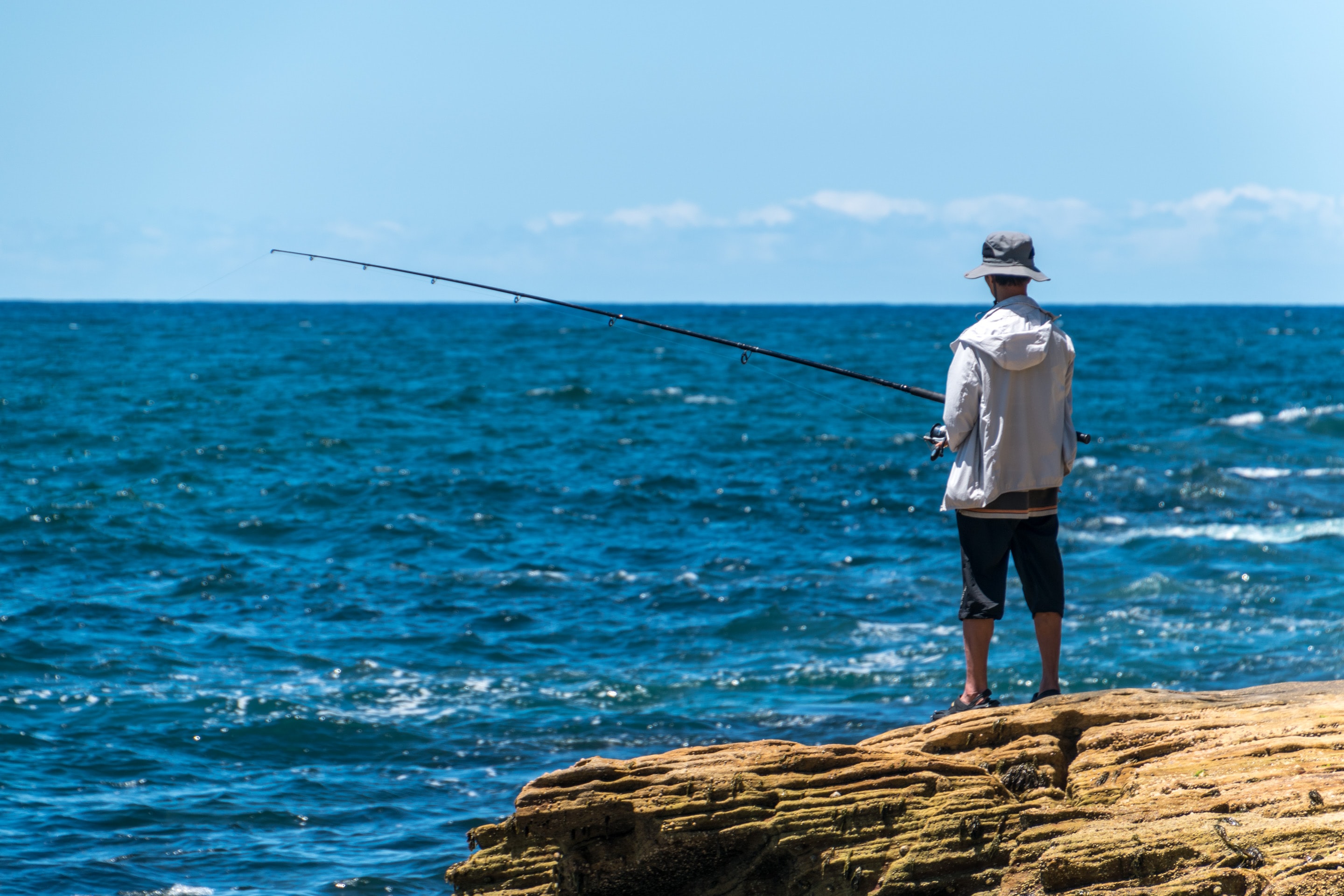The Danger of Illegal Fishing Methods

Source Photo: https://unsplash.com/photos/CQDutGGkAjk
Illegal, unreported, and unregulated (IUU) fishing is a major global problem that poses significant dangers to marine ecosystems, fish populations, and the livelihoods of legitimate fishers. IUU fishing includes activities such as fishing without a license, using prohibited gear, and catching protected species. These activities not only deplete fish populations, but also disrupt entire marine ecosystems and threaten the survival of other marine species.
One of the main dangers of IUU fishing is overfishing. According to the United Nations Food and Agriculture Organization (FAO), one-third of global fish stocks are overfished, and IUU fishing is a significant contributor to this problem. When fish populations are overfished, it can take years or even decades for them to recover, if they recover at all. This not only reduces the availability of fish for human consumption, but also disrupts the balance of marine ecosystems, leading to declines in other marine species.
Another danger of IUU fishing is the use of destructive fishing gear. Some IUU fishers use gear such as driftnets and bottom trawls, which can indiscriminately catch and kill large numbers of non-target species, including protected species such as sea turtles, sharks, and dolphins. These destructive fishing practices not only deplete fish populations, but also have a devastating impact on marine ecosystems and the species that depend on them.
IUU fishing also undermines the livelihoods of legitimate fishers. When IUU fishers catch fish illegally, they often do so at a lower cost than legitimate fishers, who must comply with regulations and pay for licenses and gear. This puts legitimate fishers at a disadvantage and can drive them out of business. In addition, IUU fishing can also depress fish prices, making it harder for legitimate fishers to make a living.
Governments, international organizations, and NGOs have been working to combat IUU fishing. The United Nations General Assembly has adopted several resolutions aimed at addressing IUU fishing, and the European Union has implemented regulations to prevent the import of illegally caught fish. In addition, regional fisheries organizations such as the Western and Central Pacific Fisheries Organization and the Indian Ocean Tuna Organization have also taken steps to combat IUU fishing.
However, more needs to be done to combat IUU fishing. This includes increasing enforcement of existing regulations, strengthening international cooperation to combat IUU fishing, and supporting sustainable fishing practices. By working together, we can protect marine ecosystems, fish populations, and the livelihoods of legitimate fishers from the dangers of IUU fishing.
References:
-
United Nations Food and Agriculture Organization. (2019). The State of World Fisheries and Aquaculture 2018. Rome: FAO.
-
United Nations General Assembly. (2009). Combating illegal, unreported and unregulated fishing. A/RES/64/72. New York: UNGA.
-
European Union. (2019). Regulation (EU) No 1005/2008 of the European Parliament and of the Council of 29 September 2008 establishing a Community system to prevent, deter and eliminate illegal, unreported and unregulated fishing. Brussels: EU.
-
Western and Central Pacific Fisheries Organization. (2019). Conservation and Management Measures. Honololu: WCPFO.
-
Indian Ocean Tuna Organization. (2019). Conservation and Management Measures. Victoria: IOTC.